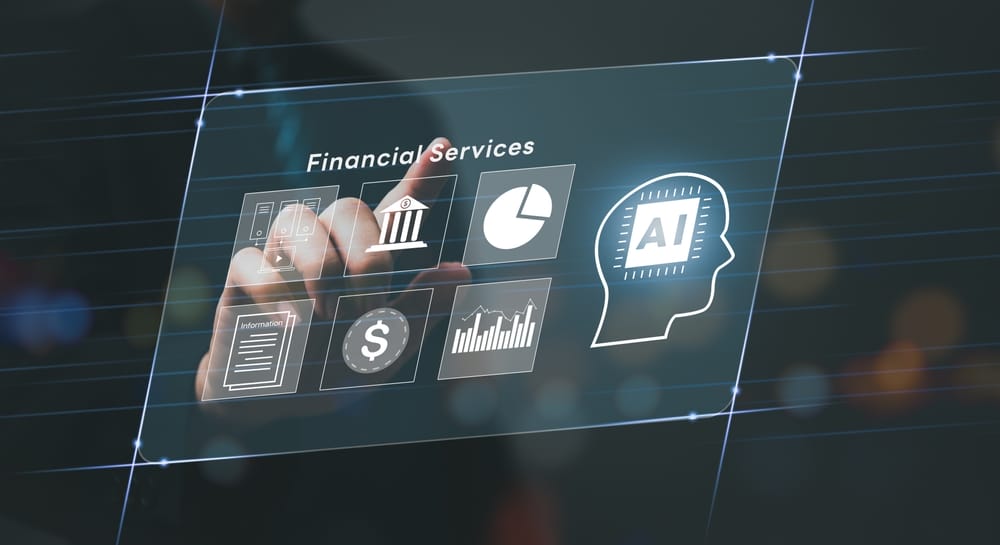
Comprehensive Anti-Money Laundering Solutions for Modern Financial Institutions
Anti-Money Laundering (AML) solutions are essential for modern financial institutions to detect, prevent, and report money laundering activities. This article explores comprehensive AML solutions, highlighting effective strategies and tools that help financial institutions implement robust AML programs.
Understanding AML Solutions
AML solutions encompass a range of technologies and processes designed to detect, prevent, and report money laundering activities. These solutions include customer due diligence (CDD), transaction monitoring, suspicious activity reporting (SAR), and regulatory compliance management.
Key Components of Comprehensive AML Solutions
1. Customer Due Diligence (CDD)
Description: CDD involves verifying the identity of customers and assessing their risk profiles to prevent money laundering.
How It Works:
- Identity Verification: Collect and verify customer information using reliable documents and data sources.
- Risk Assessment: Assess the risk level of each customer based on their profile and transaction behavior.
- Ongoing Monitoring: Continuously monitor customer activities to detect any unusual or suspicious transactions.
Benefits:
- Prevention: Prevents high-risk individuals from exploiting financial institutions for money laundering.
- Compliance: Ensures compliance with regulatory requirements for customer identification and verification.
- Risk Management: Helps manage and mitigate risks associated with money laundering.
2. Transaction Monitoring
Description: Transaction monitoring systems analyze customer transactions in real-time to detect suspicious activities.
How It Works:
- Data Analysis: Analyzes transaction data to identify patterns and anomalies.
- Rule-Based Monitoring: Uses predefined rules to flag transactions that may indicate money laundering.
- Machine Learning: Employs machine learning models to improve detection accuracy and reduce false positives.
Benefits:
- Real-Time Detection: Identifies suspicious transactions as they occur, allowing for immediate action.
- Accuracy: Enhances the accuracy of detecting money laundering activities.
- Efficiency: Automates transaction monitoring, reducing the burden on compliance teams.
3. Suspicious Activity Reporting (SAR)
Description: SAR involves reporting suspicious transactions to regulatory authorities as required by law.
How It Works:
- Identification: Identifies transactions that meet the criteria for suspicious activity.
- Documentation: Documents the details of the suspicious activity, including the nature and reason for suspicion.
- Submission: Submits the SAR to the appropriate regulatory authority within the required timeframe.
Benefits:
- Compliance: Ensures compliance with regulatory requirements for reporting suspicious activities.
- Transparency: Provides a clear record of suspicious transactions for regulatory review.
- Prevention: Helps prevent money laundering by alerting authorities to potential criminal activities.
4. Regulatory Compliance Management
Description: Regulatory compliance management ensures that financial institutions adhere to AML regulations and guidelines.
How It Works:
- Policy Development: Develops and implements AML policies and procedures.
- Training and Education: Provides training for employees on AML regulations and best practices.
- Audits and Assessments: Conducts regular audits and assessments to ensure compliance with AML regulations.
Benefits:
- Adherence: Ensures adherence to AML regulations and guidelines.
- Risk Reduction: Reduces the risk of regulatory penalties and reputational damage.
- Continuous Improvement: Supports continuous improvement of AML compliance programs.
Advanced Tools and Technologies in AML Solutions
1. Artificial Intelligence (AI) and Machine Learning
Description: AI and machine learning enhance AML solutions by automating data analysis and improving detection accuracy.
How It Works:
- Pattern Recognition: AI systems analyze data to identify patterns that may indicate money laundering.
- Anomaly Detection: Machine learning models detect anomalies and flag suspicious activities.
- Predictive Analytics: Uses historical data to predict potential money laundering activities.
Benefits:
- Efficiency: Automates data analysis, reducing the burden on human analysts.
- Accuracy: Enhances the accuracy of detecting money laundering activities.
- Proactive Prevention: Identifies potential threats before they result in significant losses.
2. Blockchain Technology
Description: Blockchain provides a secure and transparent way to record transactions, making it difficult for criminals to tamper with or alter records.
How It Works:
- Immutable Ledger: Transactions are recorded in a decentralized ledger that cannot be altered once added.
- Smart Contracts: Automate and enforce compliance checks and contractual obligations.
- Traceability: Provides a transparent trail of transactions that can be audited by authorized parties.
Benefits:
- Security: Protects against data tampering and fraud.
- Transparency: Enhances transparency and accountability in financial transactions.
- Efficiency: Streamlines compliance processes through automation.
3. Advanced Analytics
Description: Advanced analytics tools analyze large datasets to uncover insights and detect financial crimes.
How It Works:
- Data Integration: Combines data from various sources, including internal systems and external databases.
- Real-Time Analysis: Analyzes data in real-time to detect suspicious activities.
- Visualization Tools: Uses visualization tools to present data in an easily understandable format.
Benefits:
- Comprehensive Insights: Provides a holistic view of financial activities and potential risks.
- Timely Detection: Identifies suspicious activities in real-time, allowing for prompt action.
- Informed Decision-Making: Supports decision-making with data-driven insights.
Comprehensive AML solutions are essential for modern financial institutions to detect, prevent, and report money laundering activities. Key components such as customer due diligence, transaction monitoring, suspicious activity reporting, and regulatory compliance management form the foundation of effective AML programs. Advanced tools and technologies, including AI, blockchain, and advanced analytics, further enhance the effectiveness of AML solutions. By implementing robust AML solutions, financial institutions can ensure compliance, protect their reputation, and contribute to the global effort to combat financial crime.











